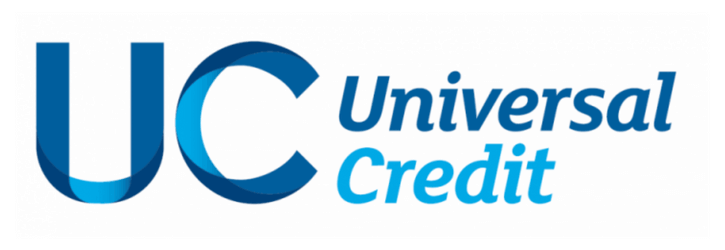In an earlier article we considered how the Government’s introduction of “Universal Credit” has only served to add to the concern and uncertainty of people in the UK suffering chronic pain; specifically how ongoing changes to benefits will affect them financially. Now, the National Audit Office (NAO) has said that the roll out of Universal Credit is not value for money and that it could well end up costing more to administer than the system it is meant to replace.
In the conclusion to its report, the NAO said:
“The Department [for Work and Pensions] has now got a better grip of the programme in many areas. However, we cannot judge the value for money on the current state of programme management alone. Both we, and the Department, doubt it will ever be possible for the Department to measure whether the economic goal of increasing employment has been achieved. This, the extended timescales and the cost of running Universal Credit compared to the benefits it replaces cause us to conclude that the project is not value for money now, and that its future value for money is unproven.”
What exactly is Universal Credit?
Universal Credit is a means tested benefit that is being rolled out gradually and will ultimately replace the following benefits:
- Child Tax Credit;
- Housing Benefit;
- Income Support;
- Income-based Jobseeker’s Allowance (JSA);
- Income-related Employment and Support Allowance (ESA);
- Working Tax Credit.
There are a variety of qualifying criteria, but generally a person can claim Universal Credit if they are:
- not able to work as a result of ill health or disability;
- if they are a carer;
- if they are looking for work; or
- if they are working but on a low income.
Wrongly denied
This news on the spiralling cost of Universal Credit comes shortly after the most recent figures on benefit sanctions (ie where applications fail or benefits are stopped or reduced) published by the Department for Work and Pensions reveal a remarkable statistic – on appeal to the tribunal, over 82% of sanction decisions are found to be wrong.
A combination of the complexity of the new application process and the now notorious Work Capability Assessment, has meant that many people’s benefits have initially been reduced or withdrawn altogether, necessitating an appeal. This has included many tens of thousands of people suffering chronic pain. Even where initial applications have been successful, payment has been delayed in around 25% of cases, causing severe financial hardship.
The National Audit Office report also found that:
- 8 years after commencement of the Universal Credit process, only 10% of claimants are on the system;
- of those people paid late, 20% of them were waiting more than five months for payment;
- Universal Credit is currently costing £699 per claim to administer, which is four times the expected cost;
- despite the fact that the new system is failing in so many areas, there have been so many changes to working practices that there is no “alternative but to continue“.
You may also be interested in the following articles:
Universal Credit Appeals: what are the prospects of success?
Chronic Pain, CRPS and Universal Credit
CRPS and Benefits – some case studies
Work Capability Assessment – what can a Chronic Pain sufferer expect?
